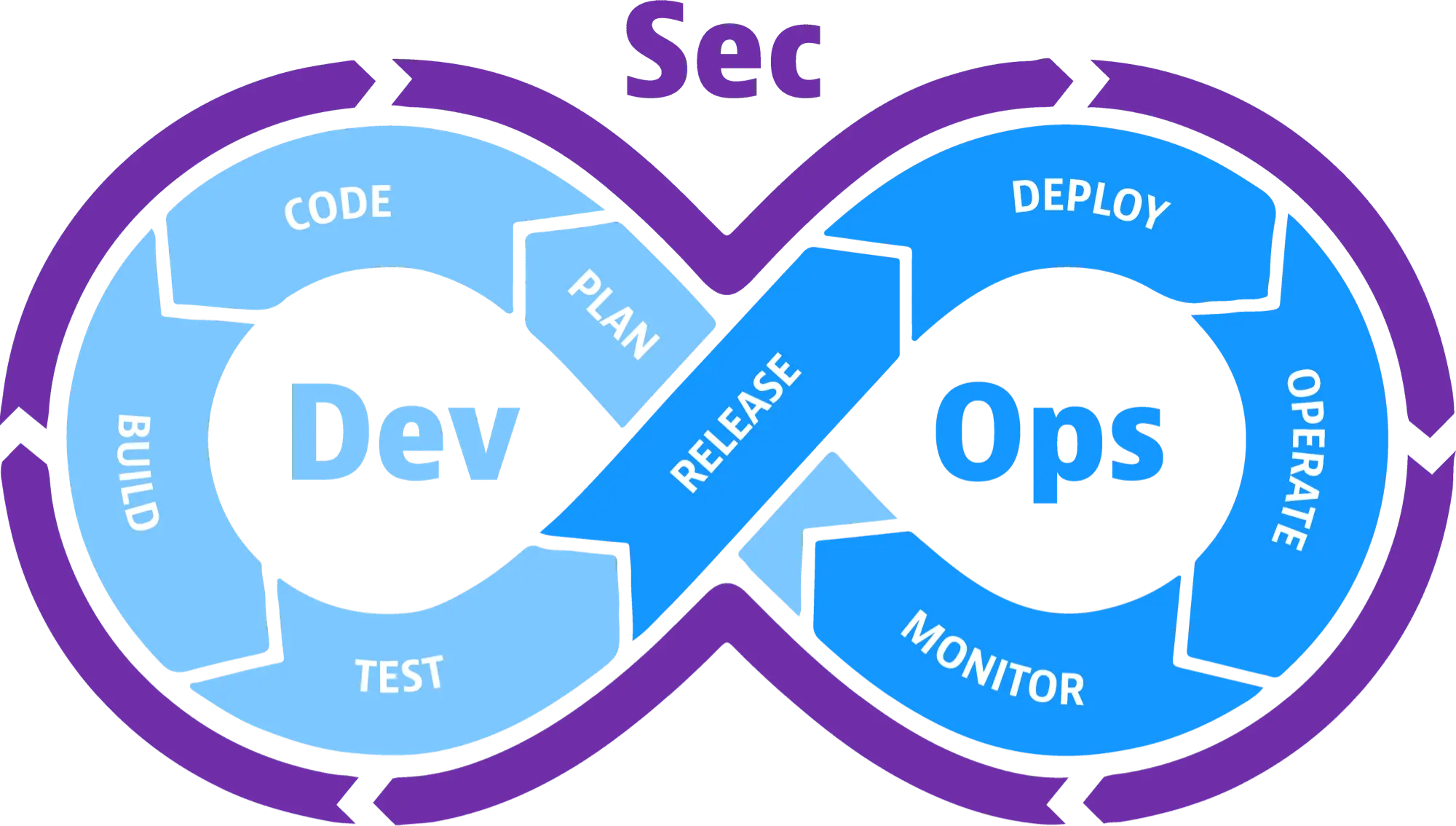Camp K12 : Laying off Employees, Amidst Funding Woes
Camp K12, a Gurugram-based edtech start-up, has recently laid off 70% of its workforce, citing funding troubles. This move has come as a big shock to the employees, who were given no prior intimation, and to the edtech industry, which has been on a high since the pandemic hit.
Founded in 2018 by IIT Delhi alumni, Camp K12 was created with the vision of bridging the gap between the traditional education system and the evolving digital world. Their mission was to create an interactive and engaging learning experience for children, leveraging technology to make learning fun and effective.
From its humble beginnings, Camp K12 quickly rose to prominence in the Indian edtech space, raising a whopping $16 million in Series A funding from marquee investors such as Matrix Partners and SAIF Partners. The funding helped Camp K12 expand its offerings and grow its team of highly skilled educators and developers.
However, the Covid-19 pandemic exposed the cracks in the start-up’s business model. The education sector faced a drastic change, with students and educators switching to digital platforms for learning. This led to a huge surge in demand for edtech companies, but the conditions for funding became extremely stringent.
As a consequence, Camp K12 had to resort to laying off around 70% of its staff, amounting to over a hundred employees. According to sources, this decision was made due to the company’s inability to pay their dues, exacerbated by the sudden dip in funding and the lack of investor interest.
Interestingly, this move has come after an announcement by the company’s founders, in which they claimed that they had no intentions of laying off any of their employees. The company’s stakeholders have remained tight-lipped on the issue, with no official statement.
However, this move has not only impacted the company’s employees but has also raised concerns about the funding environment in the Indian edtech sector. The industry has come to the rescue of the laid-off employees, with many start-ups offering them jobs and support.
In conclusion, Camp K12’s story is a cautionary tale for start-ups in the edtech sector. While there is tremendous scope for growth and innovation, funding can be a tricky issue, and unforeseen circumstances, such as the pandemic, can make things even more challenging. The focus should be on building sustainable business models, ensuring investor confidence, and supporting employees in times of distress.

























